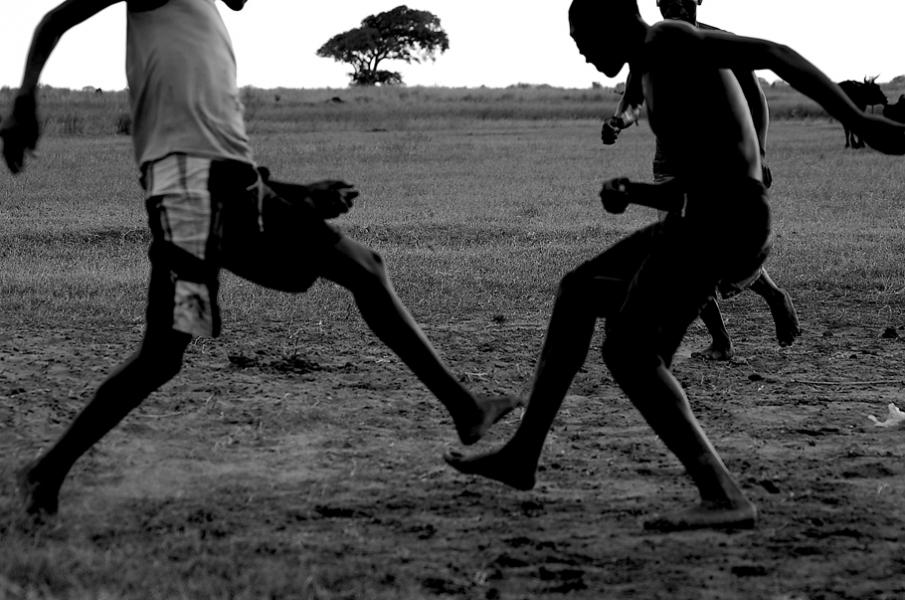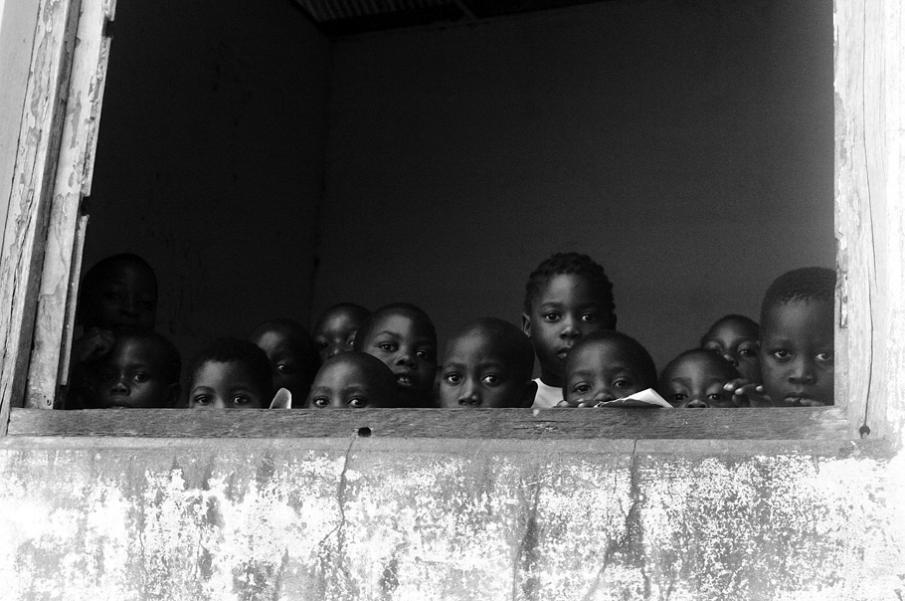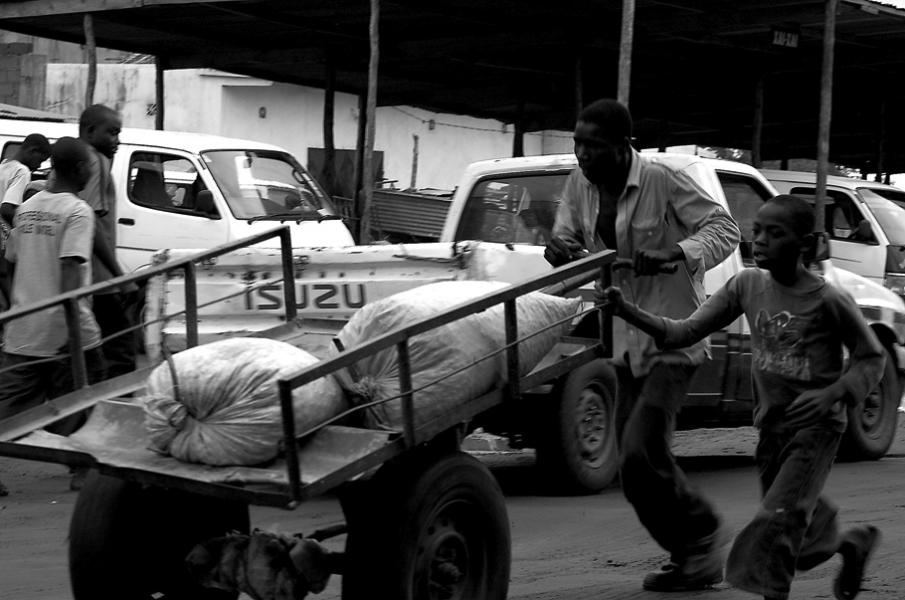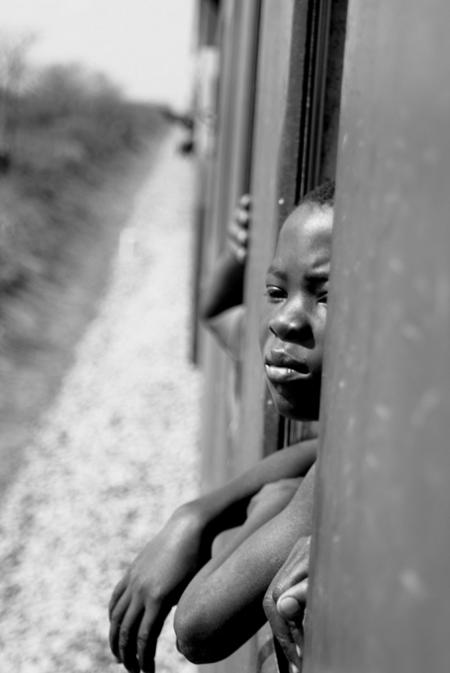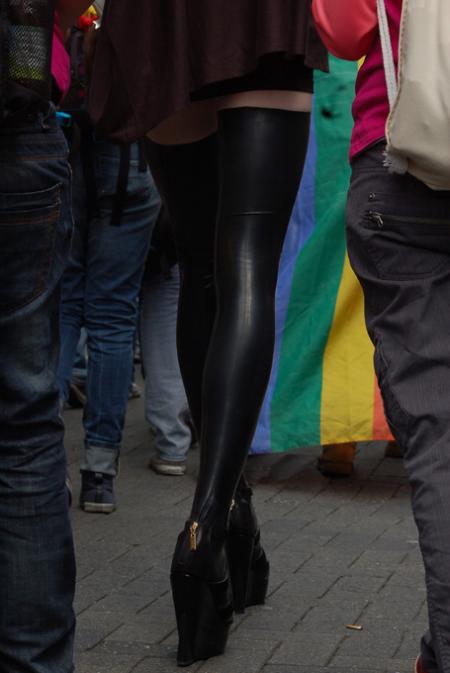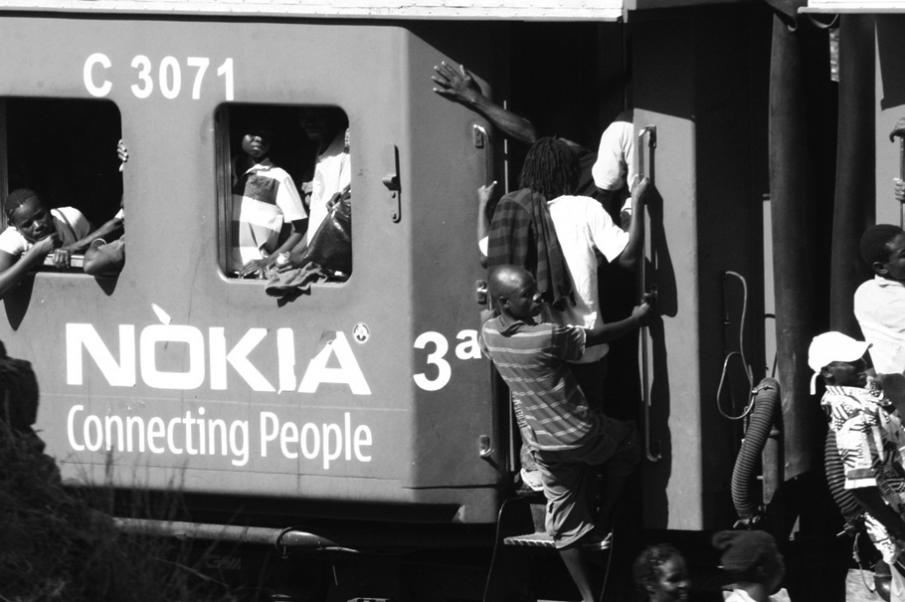Groove's of my soul
For a couple of years Emidio Josine (1982) assumes that painting will be his medium. However he feels increasingly limited by its possibilities for expression. His graduation topic at the National School of Visual Arts in Maputo is eventually something completely different: ‘Kuxa Kanema, Birth of Mozambican Cinema’. In more than one respect, this characterizes his point of departure as an artist. In 1975, on independence, Samora Machel, the president, immediately set up a film institute with the aim of recording the progress of his socialist country in moving pictures and showing these to his people. This is an attempt to keep the hope for a better future alive. This engagement appeals to Emidio Josine. In addition, because it is a time-based medium, he sees in film an opportunity to tell a story. His story.
In his photos he records what catches his eye in his everyday surroundings. Not particularly spectacular, you may think, but the way he does it is exceptional. First he ensures that his daily life is continuously on the change. He travels a lot. In this sense he is a traditional, nomadic African. Previously just in his own country, in recent years more and more often over the border. Furthermore his photos succeed in drawing attention to the details of his surroundings. Making him more than a documentary photographer. He takes fragments from reality that, because they do not immediately give away all their information, stir the viewer’s imagination. It is as if he is introducing an element of fiction. While working for a Mozambique newspaper for a year he ‘filled’ the back page, he provided the images behind the news.
The influence of Ricardo Rangel (1924-2009), the grandmaster of photography in his country, can be seen in his work. They share an eye for the striking detail. Although I doubt he is aware of it himself, in his work I also see similarities with that of American photographers such as Robert Frank and W. Eugene Smith who in their work in the nineteen-fifties and sixties zoomed in onto unusual aspects of their country.
The direction that Emidio Josine will ultimately take is not yet clear. I think he will continue to make his exceptional photographs, but I would not be surprised if in a couple of years he is producing longer films that are somewhere between a documentary and a movie (he has written film scripts in the past). His engagement is a story he has to find a way to tell. His multi-facetted talent means this will certainly happen.
Rob Perrée (Amsterdam, December 2011) . Translation Jane Hall.
